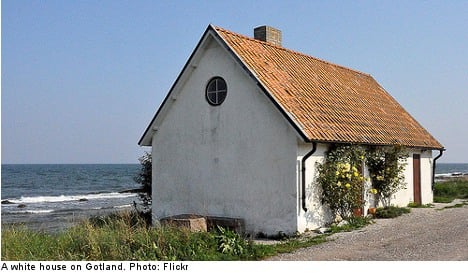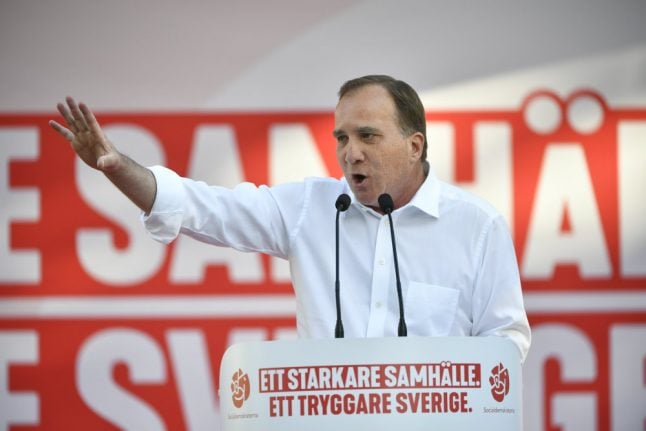Almedalen has been dismissed as a white man’s talking shop, most virulently by Aftonbladet’s Ehsan Fadakar in his Tuesday column “No immigrants in white Almedalen”.
Fadakar in turn received some criticism for his definition of immigrants as non-white, but after having attended several seminars discussing the other while the other is nowhere to be seen, his broader point has gained some credibility.
A seminar on Wednesday about the role of religion in the public space featuring an atheist and three Christians can be given the benefit of the doubt as essentially the discussion concerned faith in general and its role in society.
But a seminar organized by the Swedish International Development Cooperation Agency (Sida) entitled “Africa is a great country”, with the express purpose of problematizing Swedish prejudices about Africa surely has higher ambitions?
The seminar discussed the work of photographer Jens Assur. The Sida-funded project consists of 40 photographs with the aim of presenting “another picture of Africa” and to inform the observer that it is a continent of 55 nations.
It took 17 minutes for anyone to mention the name of a country (Tanzania) and and a further 18 to mention a city (Kigali). The phrase “in Africa” had by then been mentioned over 100 times.
While the experience and knowledge of the panel with regards to the African continent should of course be respected, their glaring uniform whiteness did not go unnoticed.
An audience question pointing out this fact was met with the responses: “I accept the criticism, it is not ideal, we have to try harder”, a warning about the risk of “inverted racism”, and a third warned of “tokenism”.
In response to a question about why women appear largely absent from the exhibition, Assur told The Local:
“The photos are largely of construction and this is a male-dominated branch.”
Can there be any greater “tokenism” than lavishing four million kronor in development aid funds on a rich white photographer to take pictures of his definition of modernity, which as good as excluded half the population?
No you don’t have to be from Africa to discuss Africa, you don’t have to be Muslim to discuss the decibel level of the call to prayer, but if you are seeking to paint a new picture of a marginalized continent, shouldn’t its people be given a brush?
Peter Vinthagen Simpson
Follow Peter Vinthagen Simpson on Twitter
Almedalen Week explained
Almedalsveckan first began in 1968 when Sweden’s former prime minister, Olof Palme, was due to take the ferry home from a summer holiday in Gotland.
Local residents asked if he could stay a moment and give a speech. Standing on the back of a nearby truck, Palme spoke to the small crowd, thus beginning what was to become an annual Swedish tradition.
43 years on, things have evolved enormously and the event has become a platform for Swedish politicians from every party to have a voice.
It is however also a week for the humble citizen and thousands flock to the island to participate in the workshops, speeches, seminars, and the mingle parties.



 Please whitelist us to continue reading.
Please whitelist us to continue reading.
Member comments